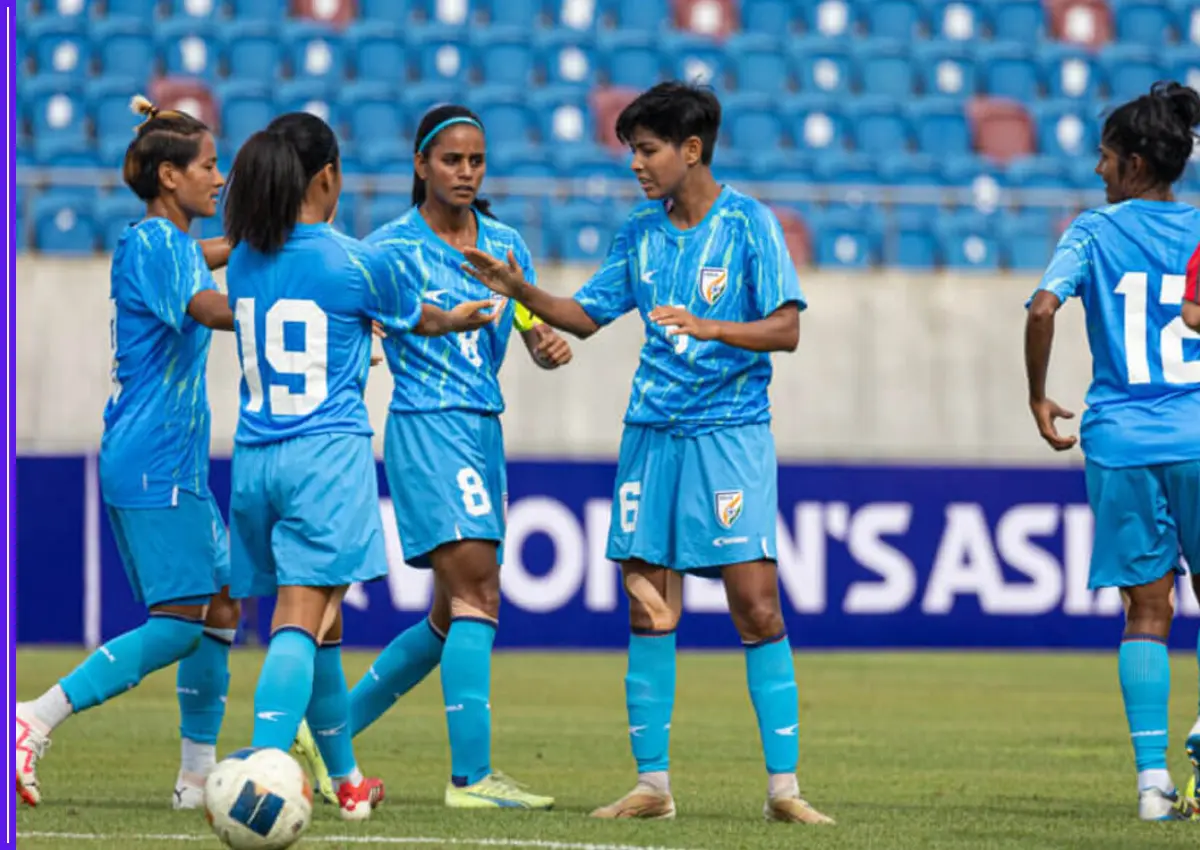Feminine chefs discuss how their culinary path has benefited from having a feminine viewpoint.
Women in India are often subjected to the stereotype that they belong in the kitchen. However, if this assumption is accurate, it didn’t apply to the culinary industry because there weren’t many women chefs in the past. But things are changing, and the very trait that was formerly considered a disadvantage is now seen as advantageous to women. We talk to three female chefs on March 8, International Women’s Day, about how they have embraced what was formerly perceived as a weakness and used it to their advantage and the benefit of their team.

Author and chef Sara Todd of The Sanctuary Bar & Kitchen
I’ve encountered a few traditional preconceptions, but the truth is that they are merely noise. They test us to the brink, but they also strengthen and resilient us. It seems as though society has been attempting to categorize women, but in all honesty, we are too passionate and creative to fit into any one mold. Recall how it used to be considered subversive for women to ride bicycles? We continue to shatter those stereotypes, particularly in the food industry. We are reinventing what it means to be strong, creative forces in any field—not just what it means to be women cooks. Plate by plate, we’re rewriting the rules together. And we’re just getting started, I promise.
Pastry chef and Le15 India owner Pooja Dhingra
Being a pastry chef wasn’t considered a respectable job choice for women when I was younger, and I didn’t have many role models in my childhood. However, I now have the honor of being able to use my position as a female pastry chef to encourage and uplift other women who want to work in the culinary arts. Seeing so many young females today pursuing their aspirations has been inspiring. I faced my fair share of difficulties in the beginning as a female pastry maker and business owner. However, being a woman has greatly benefited me since it allows me to manage my team in a new way and foster a collaborative and empathetic atmosphere. I also question established ideas about power and leadership in the kitchen.
Chef and proprietor of Restaurant Gaa, Garima Arora, is the first Indian woman to receive a Michelin star.
The one thing I’ve discovered is that gender has no bearing on achievement. It goes without saying that men and women are not the same. However, it’s not like men and women are more or less successful in their employment depending on particular attributes. But in general, I observe that women on my team are more intuitive, more kind, and more compassionate. They follow their instincts, which is advantageous in the hospitality industry.





